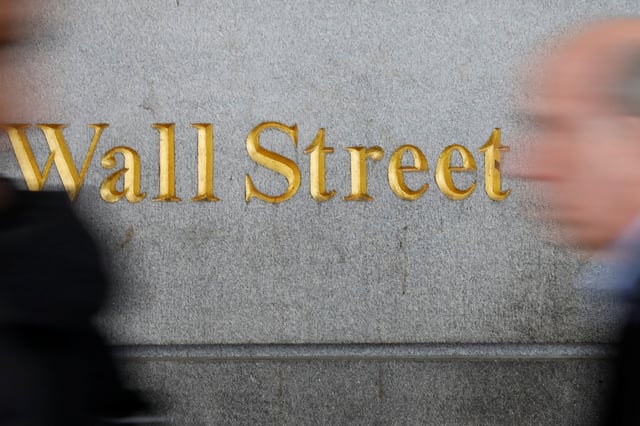Overview
- Section 899 would empower the Treasury to impose progressively rising levies of up to 20 percentage points on passive U.S. income earned by investors from countries deemed to impose discriminatory taxes
- After passing the House on May 22, the measure now heads to the Senate where Democrats broadly oppose the Republicans’ tax-and-spending package
- The Joint Committee on Taxation projects about $116 billion in revenue over the next decade if the provision becomes law
- Wall Street strategists warn the levy could reduce demand for U.S. Treasuries, potentially weakening the dollar
- The provision is designed to pressure nations that levy digital services taxes on U.S. tech firms by branding them ‘discriminatory’ as a means to reverse those levies


